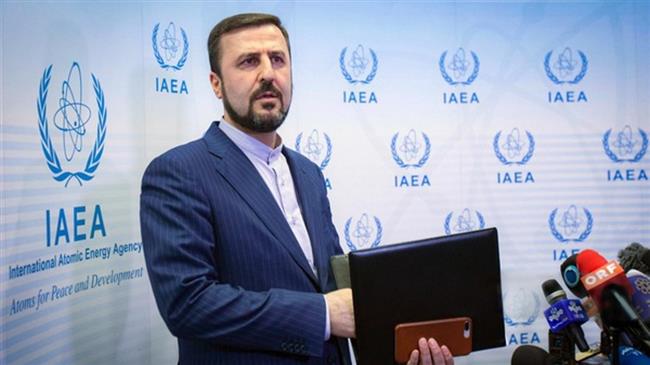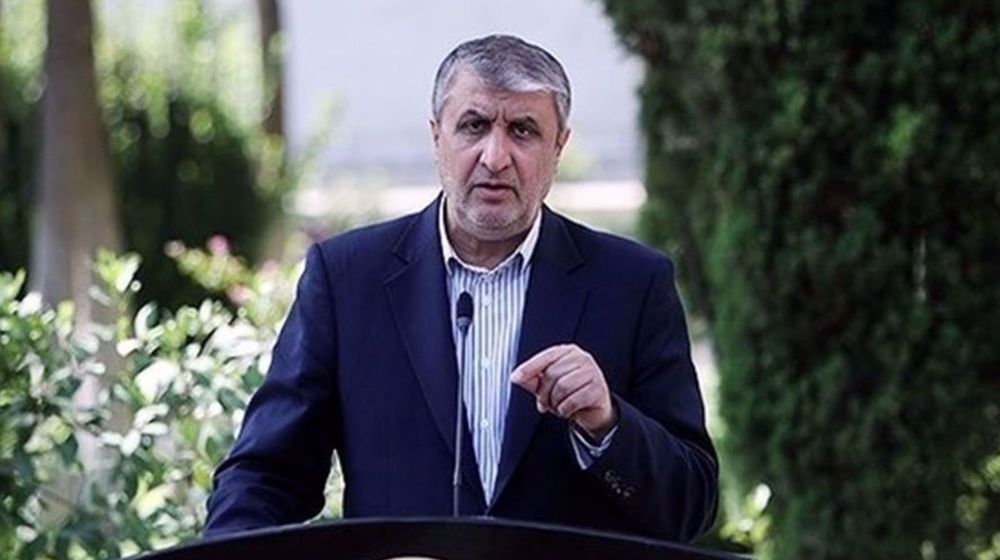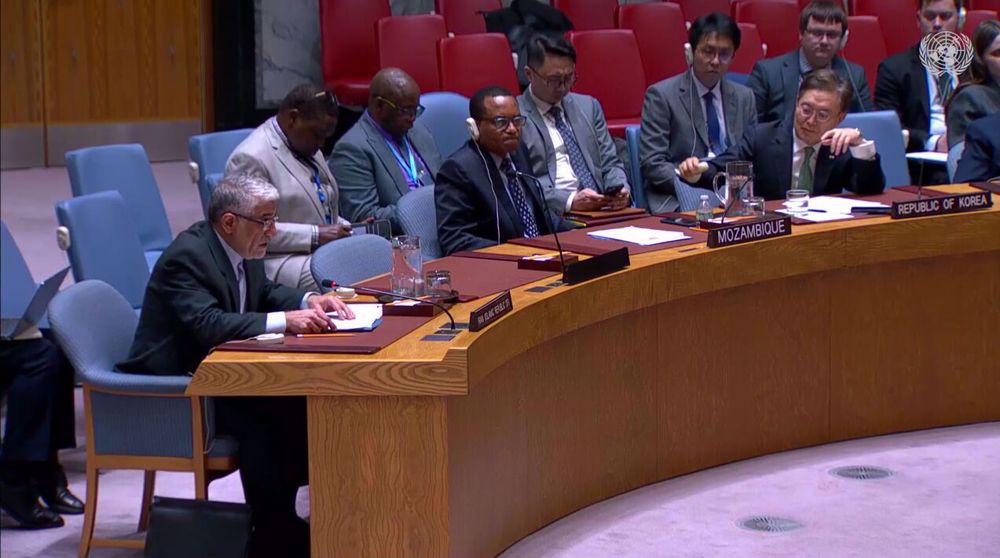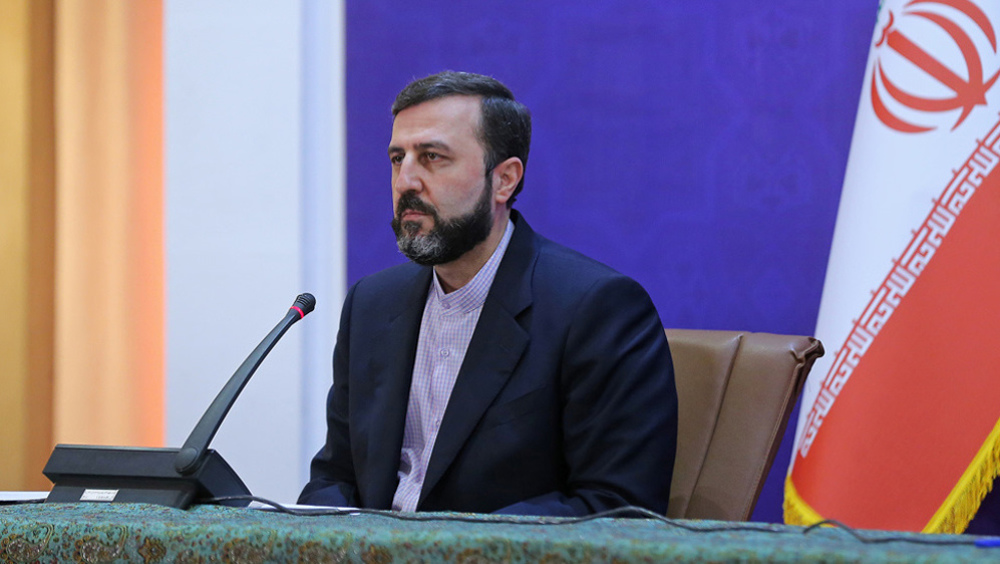Iran’s enriched uranium metal production serves peaceful purposes: Foreign Ministry
Foreign Ministry spokesman asserts that Iran’s pending production of enriched uranium metal is in line with peaceful purposes such as application in Tehran’s Research Reactor and the field of nuclear medicine.
Saeed Khatibzadeh made the remarks on Wednesday, a day after announcement of the prospect by Iran's representative to the international organizations in Vienna, Kazem Gharibabadi. The envoy described the end product as uranium silicide plate enriched to 20-percent purity level.
Khatibzadeh’s comments were meant as a reaction to an earlier joint statement by the UK, France, and Germany, which repeated their alleged “concerns” about Iran’s nuclear activities.
The spokesman refuted the statement, saying, “In line with standing procedures, we have [already] informed the International Atomic Energy Agency (IAEA) about this issue (the production process).”
“Contrary to these countries’ claims, this product enjoys peaceful, pharmaceutical, and humanitarian applications, and its production is in no way contradictory to Iran’s [nuclear] non-proliferation and safeguards commitments,” the spokesman said.
The production process is part of the remedial nuclear measures that Iran began to take in 2018, a year after the US left a historic multilateral nuclear agreement with the country and others.
Washington then returned its illegal sanctions against Iran. The European trio bowed to the bans by stopping their trade with Tehran.
Khatibzadeh reminded that the European states were accusing Iran of violating its duties under the nuclear deal—officially known as the Joint Comprehensive Plan of Action (JCPOA)—while they, themselves, had never “gone beyond words” in implementing their own obligations.
“The countries have aligned themselves with the US’s oppressive pressure, enforcing the American extra-territorial and illegal sanctions,” he said.
The spokesman also addressed the US State Department’s similar incessant criticism of the Islamic Republic, calling it “unacceptable.”
He underlined that the “status quo” surrounding the JCPOA had come about as a result of the US’s own unlawful and unilateral steps, saying President Joe Biden’s administration had been keeping up predecessor Donald Trump’s “defeated maximum pressure policy” against the Iranian people.
“No one should except Iran to unilaterally observe its JCPOA commitments, while it is under tremendous pressure from the sanctions,” Khatibzadeh said.
The official, however, repeated the country’s assertion that it would stop its remedial measures and restore its cooperation with the IAEA to how it used to be, as soon as the sanctions were lifted.
Spain jurists demand ties with Israel ties be cut
VIDEO | Press TV's news headlines
VIDEO | Iran honors top Science Olympiad medalists
VIDEO | Austrians arrested at Gaza protest in Vienna
10 killed in bus crash in western Iran
VIDEO | One-man-band journalism with Civili
5 Israeli forces killed as Palestinian fighters face up to regime’s war machine
VIDEO | An insider's view of the country: Persian Tahini, Royan in Mazandaran











 This makes it easy to access the Press TV website
This makes it easy to access the Press TV website